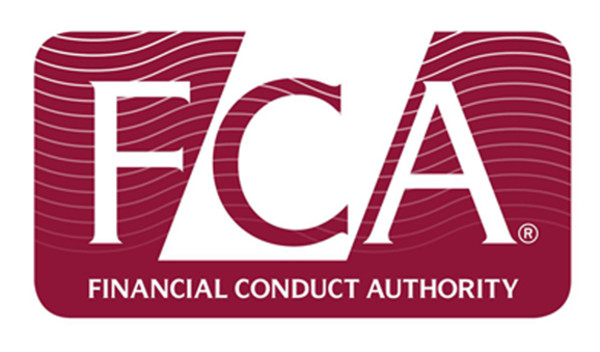

Adviser trade association Libertatem released disappointing membership figures last week, having operated for just over a year, steered by the veteran director general Gary Heath, the body has managed to attract 500 firms, around 500 under its first year target.
The more established APFA is also struggling to attract new members and institute a positive balance sheet, having lost much of the funding once keenly provided by intermediaries. Both lobbying groups generally dislike the regulator for the perceived high costs it imposes and its pursuit of futile actions, but admirably both also want to promote the benefits of financial advice to consumers.
With advice firms experiencing increasing regulatory costs and a regulator who appears totally unaccountable, why is there such apparent apathy when it comes to supporting organisations whose objectives align with the majority of adviser grievances?
We could infer that many financial advisers are content with embracing regulation and would actually place the Financial Conduct Authority (FCA) in the opportunities box of their SWOT analysis. The down side of high regulatory levies is worth paying for the elevated levels of consumer confidence and trust the FCA provides.
St James’s Place, the much maligned financial advice firm – which also happens to be the biggest and most successful – certainly embraces the FCA and works closely with the organisation to influence and steer change. Chief executive David Bellamy has been re-appointed recently as a member of the Financial Conduct Authority Practitioner Panel. Interestingly, the FCA provides four panels: consumer, smaller business, markets and practitioner panel to collect industry views. Any accusations the FCA does not listen are perhaps erroneous as panel members are selected from trade-body nominations.
Still, the self-regulatory partisans with their laissez-faire approach, will not accept that regulation is firmly embedded into the financial environment. More importantly, they don’t understand why the modern world needs it.
Roy Hattersley, the former deputy leader of the Labour party, eloquently explained why we do need regulation. He was commuting on the M1 on a hot summer day in the late 1980s and experiencing long delays. After two hours he finally arrived at the source of the delay a large transporter carrying a huge yacht straddling two lanes with a full police escort.
Hattersley, rationalised that the owner of the yacht ought to have considered alternative methods of transport, he described how the owner could have used rail or possibly sea. Plainly the owner focused on their own needs, selected a cost effective and efficient (for them) method of transportation and inconvenienced countless commuters and cost many thousands of pounds in delayed deliveries and late supplies. Hattersley concluded that the transportation of privately owned sea-going vessels should be regulated; in his view, this was the optimum solution to ensure that an individual’s needs will never override the requirements of other road users.
Advisers and consumers need regulation. It is an opportunity, not a threat or and constitutes much more than a regulatory charge.
Those who call for self-regulation, or even less regulation, should consider the reams of empirical evidence that suggest regulation does work and should actually be celebrated for increasing trust and ensuring everyone’s requirements are met. Nevertheless, the short-sighted, self-regulators want to hold firmly onto the neoliberalism, which is widely blamed for the 2008 banking crisis, caused by a soft-touch approach.
The FCA needs reining in, but not with the rope of the free-market.
Richard Bishop is a lecturer in financial services at Coventry University College and a practising regulated financial adviser



